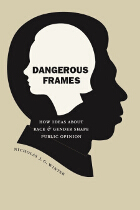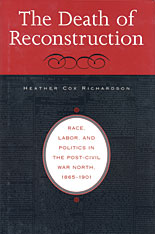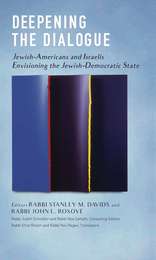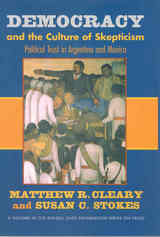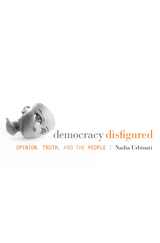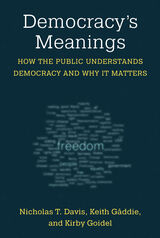German Dis/Continuities, Volume 96
Duke University Press
Paper: 978-0-8223-6455-9
See other books on: Europe | Germany | International Relations | Sociology | Volume 96
See other titles from Duke University Press
Paper: 978-0-8223-6455-9
ABOUT THIS BOOK
ABOUT THIS BOOK
The twentieth-century history of few countries has been so profoundly marked by breaks, discontinuities, and ruptures as has Germany’s—the radical breaks between the Wilhelmine empire, the Weimar Republic, and the National Socialist period; the “end of history” in 1945 and the dual reconstruction from “Year Zero,” followed by the reunification of post-1989 German. This special issue of South Atlantic Quarterly focuses on the many dimensions of these discontinuities—social, political, cultural, aesthetic, psychological, and physical—as well as the continuities that are equally, if less apparently, implied by them.
The contributions presented here include Fredric Jameson’s “Ramblings in Old Berlin,” Günter Grass’s “Lonesome Capitalism,” and Peter Weiss’s “Aesthetics of Resistance.” Among the topics discussed in the volume are the debate over Holocaust memorials in Germany and the significance of their connections to the German past, the problematic continuity that identifies the new unified Germany with the former Federal Republic; the dangers to women posed by the neoliberal project; the legacy of the avant-garde in today’s media theory; Ars nova and Doktor Faustus; nostalgia for the old German Democratic Republic; and reflections on traumatic memory and history as trauma.
The contributions presented here include Fredric Jameson’s “Ramblings in Old Berlin,” Günter Grass’s “Lonesome Capitalism,” and Peter Weiss’s “Aesthetics of Resistance.” Among the topics discussed in the volume are the debate over Holocaust memorials in Germany and the significance of their connections to the German past, the problematic continuity that identifies the new unified Germany with the former Federal Republic; the dangers to women posed by the neoliberal project; the legacy of the avant-garde in today’s media theory; Ars nova and Doktor Faustus; nostalgia for the old German Democratic Republic; and reflections on traumatic memory and history as trauma.
Contributors. Ulrich Baer, Michael Geyer, Günter Grass, Frigga Haug, Julia Hell, Fredric Jameson, Juliet Koss, Andreas Michel, Martin Morris, Arkady Plotnitsky, Pierra Vidal-Naquet, Peter Weiss, James E. Young
See other books on: Europe | Germany | International Relations | Sociology | Volume 96
See other titles from Duke University Press

